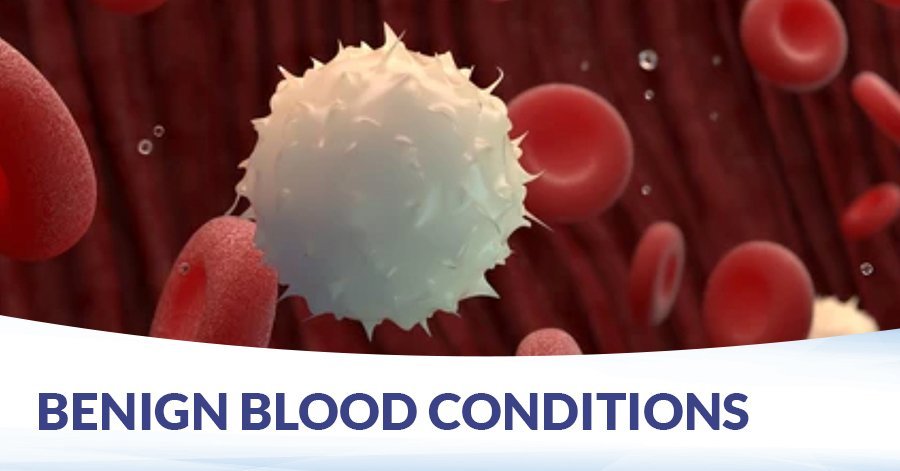
Causes
Symptoms
Treatment
FAQ
What are some examples of benign blood conditions?
Examples of benign blood conditions include iron deficiency anemia, vitamin B12 deficiency anemia, immune thrombocytopenia (ITP), hereditary spherocytosis, and autoimmune hemolytic anemia, among others.
What are the common symptoms of benign blood conditions?
Symptoms can vary depending on the specific condition but may include fatigue, weakness, paleness, shortness of breath, easy bruising or bleeding, enlarged spleen or liver, and recurrent infections.
What causes benign blood conditions?
Benign blood conditions can have various causes, including genetic mutations, nutritional deficiencies, autoimmune disorders, infections, medications, and underlying health conditions.
CONSULTATION HOURS
Monday to Friday : 4.30 pm to 10 pm
Saturday: 2 pm to 5 pm
info@drsrikanth.org.in
Phone Number
+91 72001 65148
+91 93447 46686


